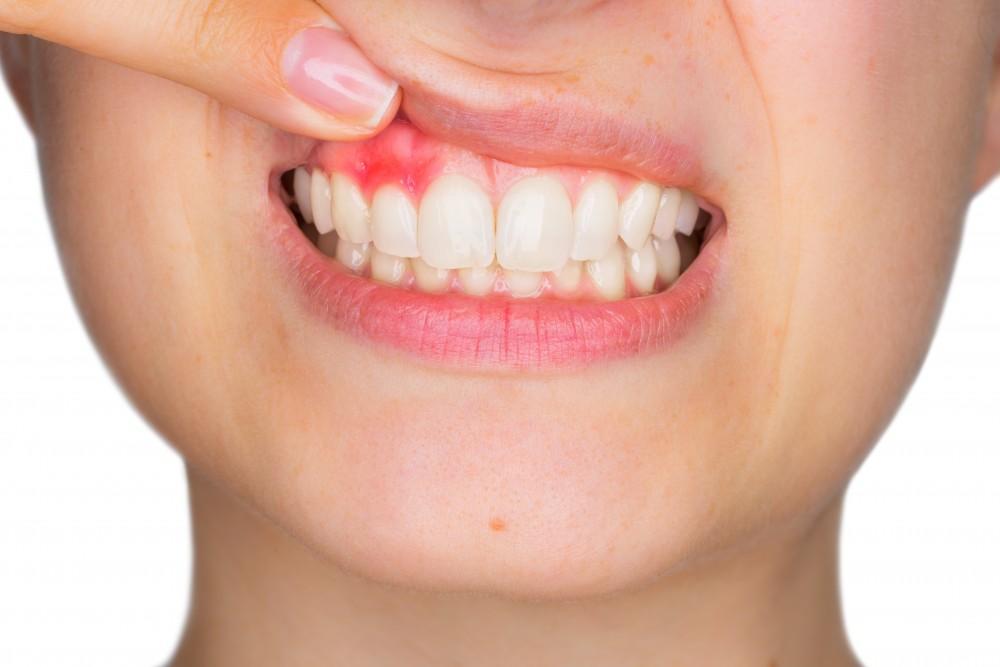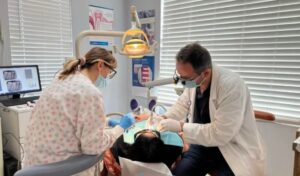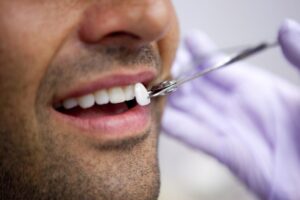
Periodontal disease can be incredibly debilitating and lead to other oral health consequences if left untreated for an extended period. Consequently, it is essential to know and understand the signs and symptoms of periodontal disease to be able to detect the condition as soon as it develops and seek prompt treatment.
Rancho San Diego Family Dentistry comprises skilled periodontists who can help you by providing a comprehensive approach towards periodontal disease, thereby improving your quality of life.
What is periodontal disease?
Periodontal disease, or gum disease is one of the most prevalent oral problems, after tooth decay. It is characterized by a progressive infection and inflammation of the periodontium (gums, cementum, periodontal ligament, and alveolar bone) that begins as a mild infection (gingivitis). If left untreated, the infection may spread to the underlying structures causing further damage (periodontitis), eventually leading to tooth loss.
What are the most striking signs and symptoms of periodontal disease?
The symptoms of the disease are usually progressive with a typical slow onset. Thus, it is crucial to thoroughly evaluate your gum health during routine oral examinations. When evaluating your gums to check for periodontal disease, look for the following common signs:
- Swollen gums
-
- This is usually the first sign of gum disease.
- The bacterial infiltration makes your gums weak and vulnerable to infections.
- In addition to swelling, your gums may appear bright red in the early stages of periodontal disease.
- Bleeding gums
-
- Gums bleed when infected due to the accumulation of bacteria, plaque, and debris.
- The hardening of plaque strains the blood vessels within the gum tissues that tend to cause bleeding, especially while brushing or biting on food particles.
- Receding gums
-
- The toxins and acids released by the bacterial enzymes erode the enamel structure and the gum tissues.
- This leads to the pulling of the gums away from the tooth, exposing the underlying root structure.
- Gum recession makes your teeth appear longer.
- Halitosis (bad breath)
-
- The odor-producing bacteria that grow in your mouth react with the food particles and form sulfur compounds.
- The sulfur compounds are responsible for causing a foul smell in your mouth, leading to halitosis.
- Loose teeth
-
- If the disease is not curbed at the early stages and allowed to spread, the infection invades the underlying jawbone.
- The periodontal ligament weakens and begins to detach, and as a result, it leads to loss of teeth.
- This eventually leads to tooth loss and extensive dental procedures in the future.
Closure
If you experience any of the symptoms mentioned above, then you must seek dental help. Early diagnosis and treatment will curb the disease and prevent further damage.





